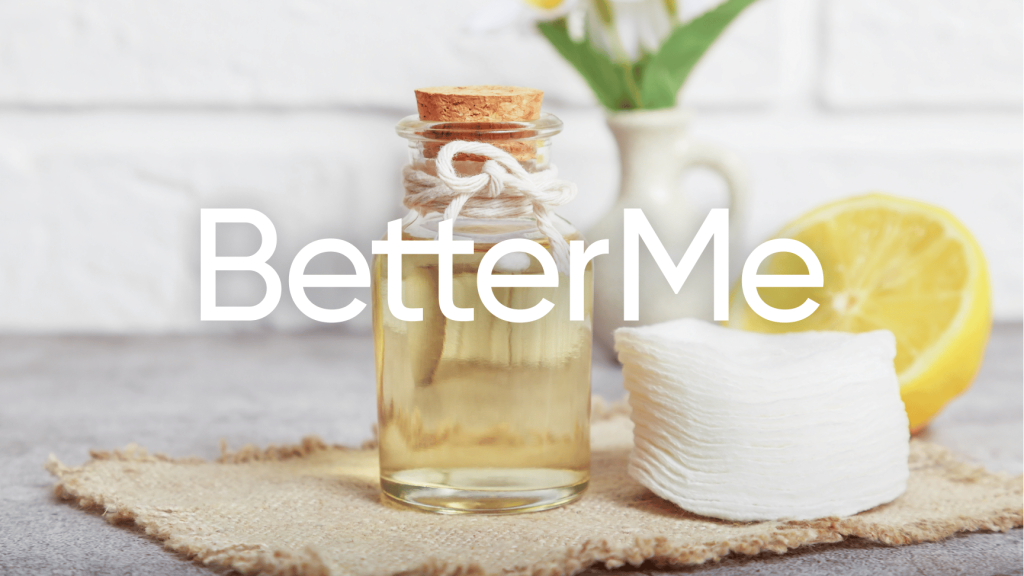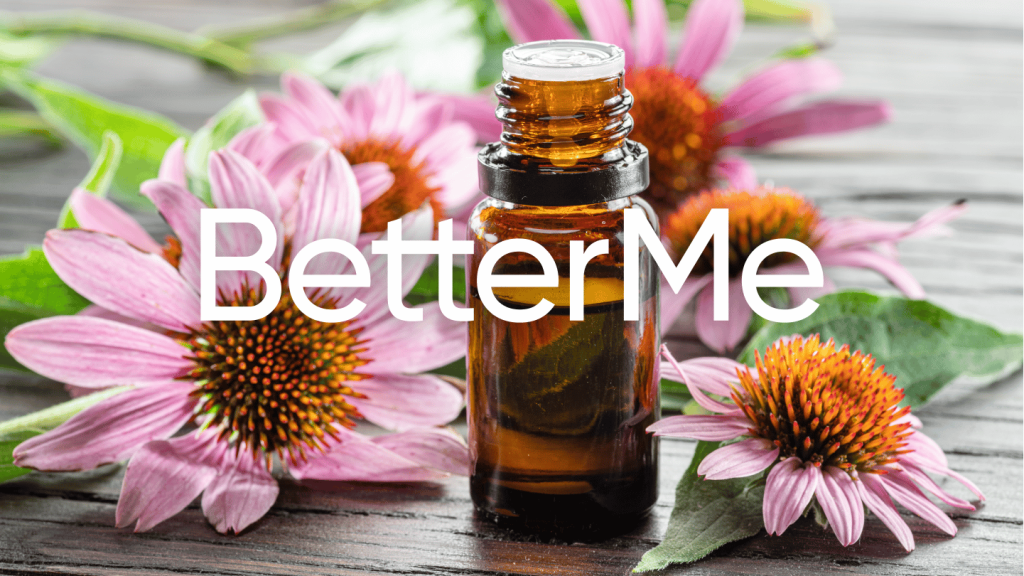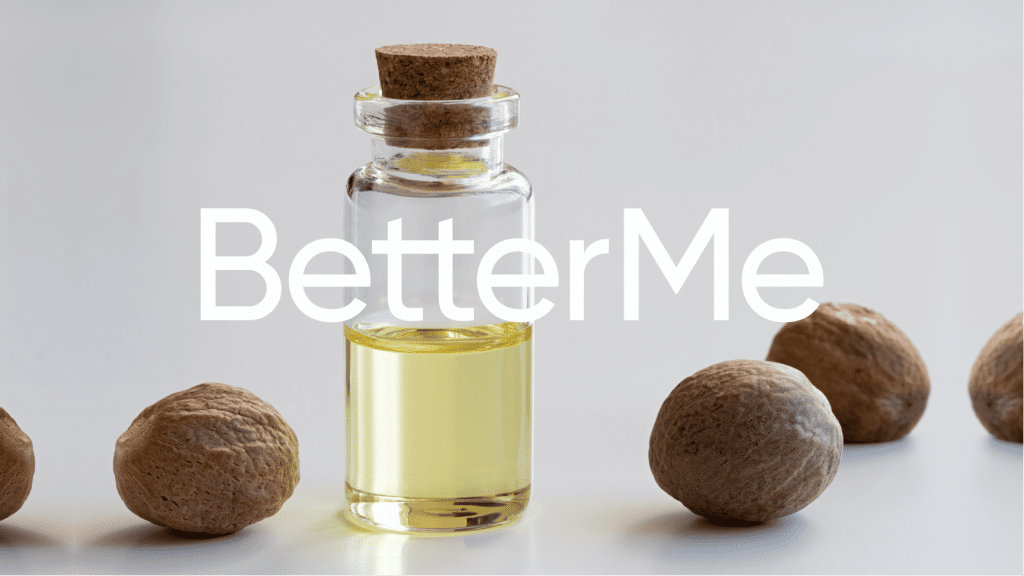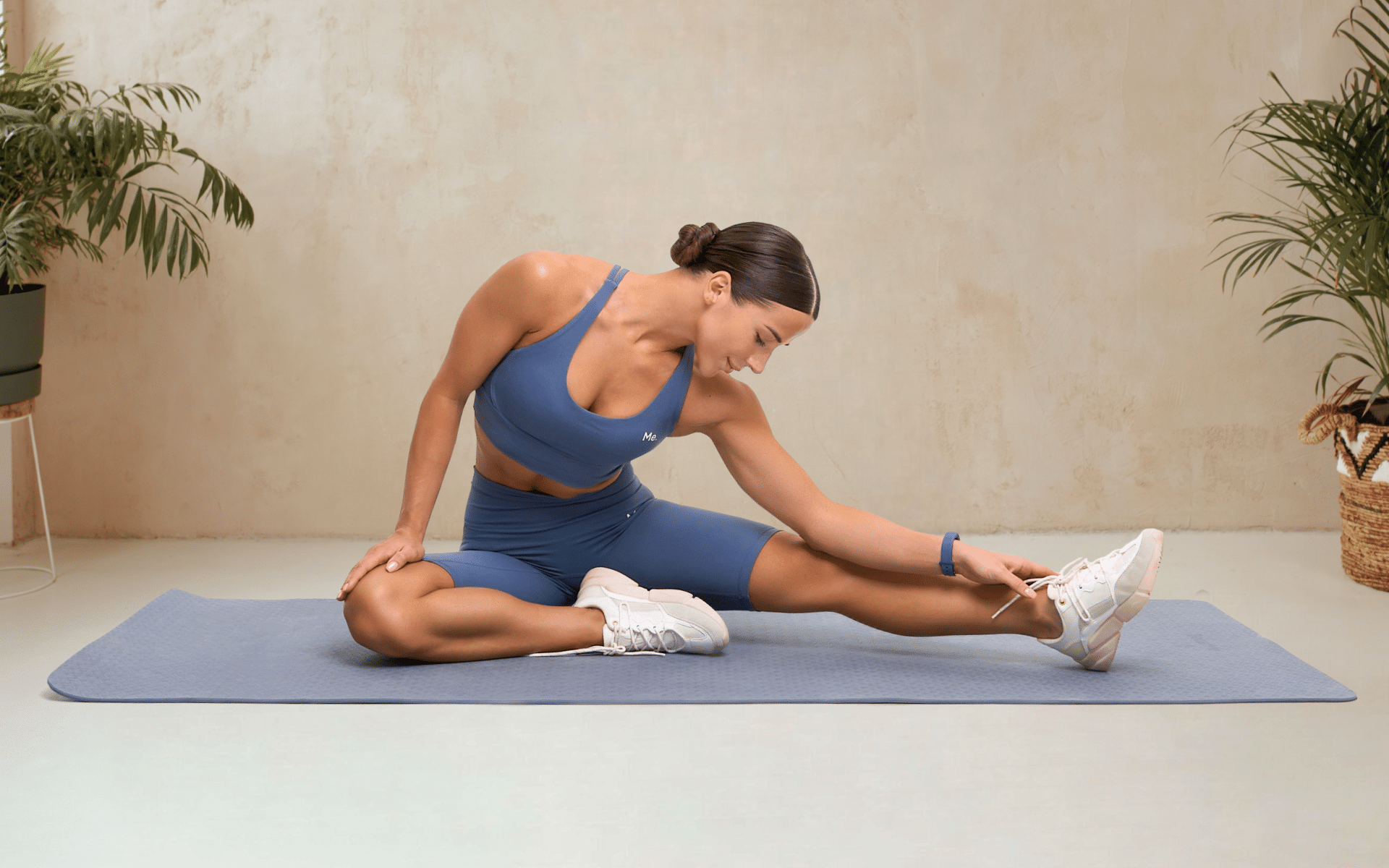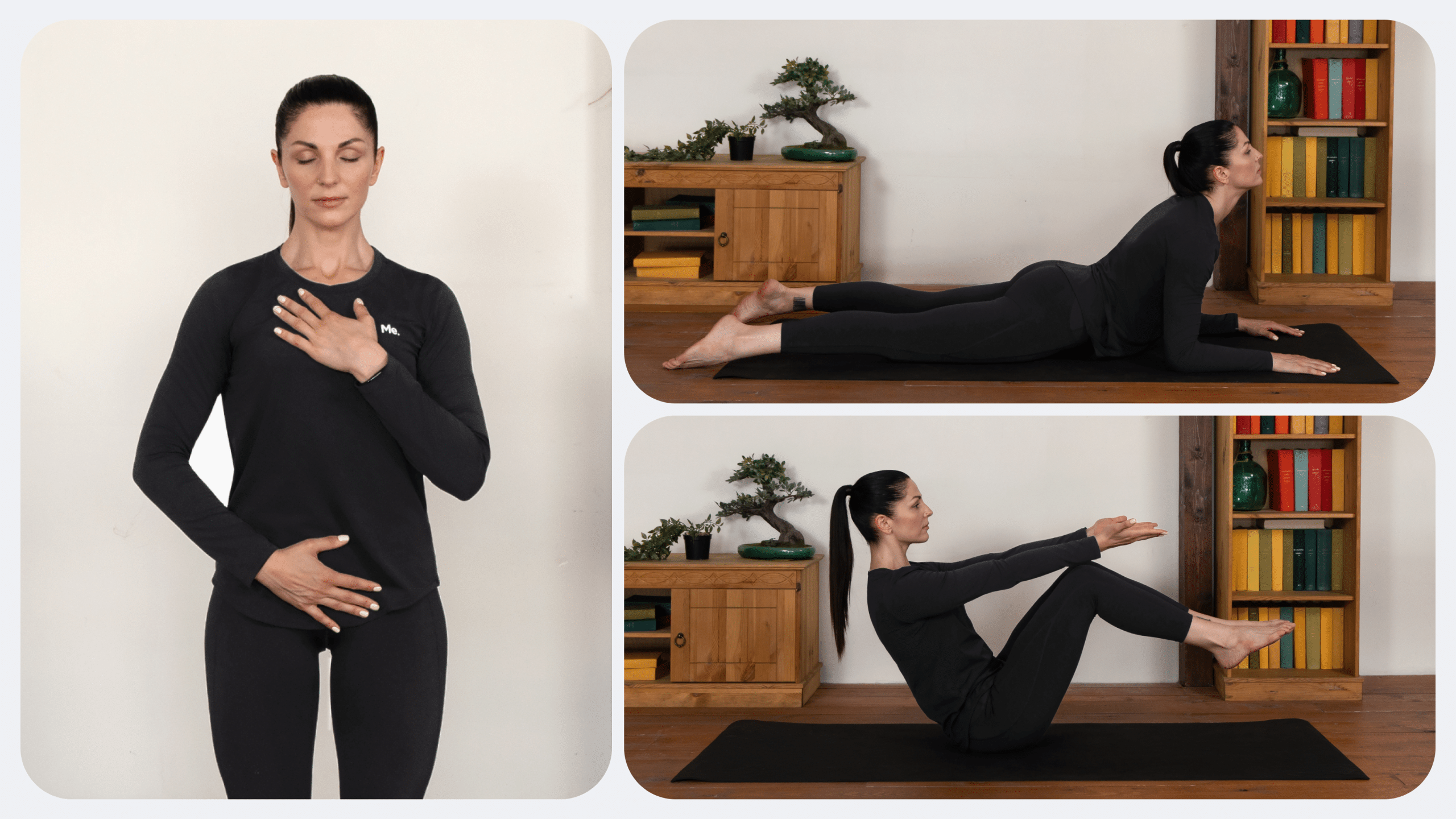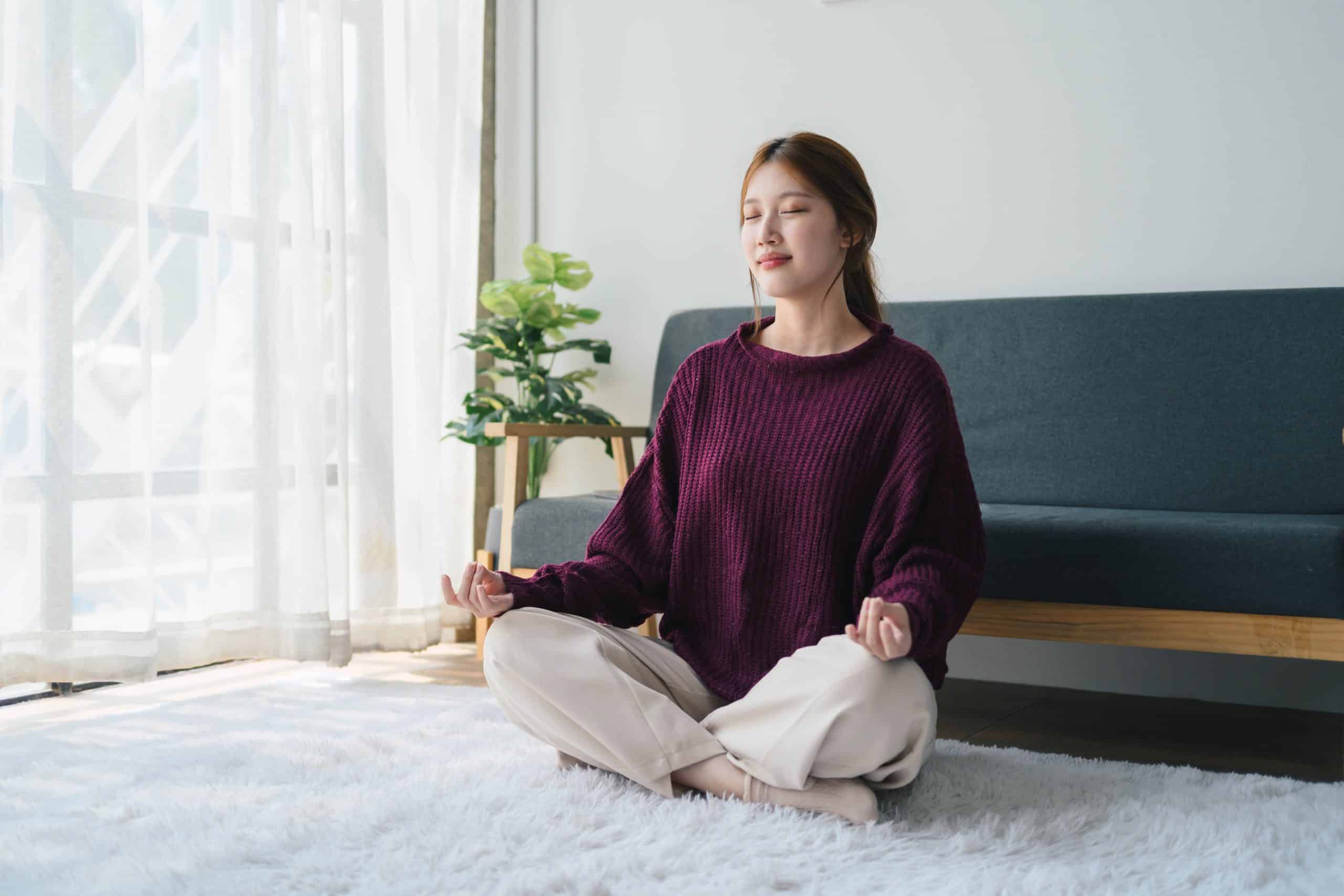Muscle soreness can range from minor aches to debilitating pain. Poor posture, overexertion, and even stress can all contribute to soreness and inflammation. And it’s not always a bad thing; in fact, it’s the body’s way of healing itself. But the right essential oils can help speed up that process and provide some much-needed relief. That’s not to say that an essential oil bath is a cure-all, but it has been known to have therapeutic properties that can help soothe sore muscles and reduce inflammation. Before you dive in, it’s important to understand the basics of essential oil baths and how to use them safely. In this article, we’ll discuss the benefits of taking an essential oil bath for sore muscles and how to prepare one. We’ll also talk about which essential oils work best for muscle soreness and the precautions to take.
Benefits Of An Essential Oil Bath For Sore Muscles
A particularly difficult workout, a long day on your feet, or even stress can all contribute to sore muscles.
When we feel these aches and pains, the natural inclination is to reach for an over-the-counter pain reliever. But what if you could use something natural to alleviate the discomfort?
Taking an essential oil bath for sore muscles potentially has tremendous healing benefits:
Reduces Inflammation
Behind the soreness you feel are often swelling, redness, and inflammation that can make simple movements painful. This inflammation may be triggered by an injury, exercise, or even stress.
Essential oils in a bath can help reduce inflammation and create a soothing sensation that relieves pain (4).
Some oils, like lavender and chamomile, are known for their anti-inflammatory properties. Other oils, like peppermint or eucalyptus, may provide a cooling sensation that can also help reduce inflammation (4).
In addition to temporary inflammation relief, essential oils have antioxidants that help fight oxidative stress, which can contribute to chronic inflammation (4).
Note that some oils, such as wintergreen and camphor, are known to increase inflammation (3). So it’s important to always research any oil you plan to use in a bath.
Reduce Muscle Spasms
Muscle spasms are defined as involuntary and often painful contractions of the muscles. They may be caused by injury, dehydration, or even stress.
Essential oils have anti-spasmodic properties, which can help to relax your muscles and reduce the intensity of muscle spasms (1). Oils such as helichrysum, ginger, and sweet marjoram may be particularly helpful in reducing spasms.
Read More: Essential Oil For Headache: Relieving Your Pain
Improve Circulation
In addition to reducing inflammation and relaxing tense muscles, essential oils used in a bath can also help improve circulation and promote healing (4).
Improved circulation means that more oxygen-rich blood is able to reach the sore muscles, which aids in recovery. Moreover, certain oils are known to stimulate the lymphatic system and help flush out toxins (4).
Oils such as rosemary, cypress, and lemongrass are known for promoting circulation, while juniper and clary sage can help flush toxins from the body (4).
Promote Relaxation
An essential oil bath can be a great way to relax after a long day or workout. The combination of the warm water and the calming scent of essential oils can help to reduce stress levels and create a sense of relaxation. This can be beneficial for both physical and mental well-being.
Oils such as lavender, chamomile, and vetiver can have calming effects on the body. Sandalwood is also known to be a powerful calming agent that can promote relaxation (4).
How Should You Prepare An Essential Oil Bath?
If you’re looking to reap the benefits of an essential oil bath, here’s what you should know:
Essential Oils Are Potent
The National Association for Holistic Aromatherapy notes that essential oils are highly concentrated, and it’s important to dilute them with carrier oils (6).
Carrier oils are usually vegetable or nut oils, such as jojoba oil, olive oil, avocado oil, and sweet almond oil. Not only do these oils dilute the essential oil and reduce its potency, but they can also provide additional skin benefits.
The recommended ratio of essential to carrier oil is five drops of essential oil to one tablespoon of carrier oil. Or 15 drops to one ounce of carrier oil (6). Once you’ve made your blend, you can add it to your bathwater.
Reasons why BetterMe is a safe bet: a wide range of calorie-blasting workouts, finger-licking recipes, 24/7 support, challenges that’ll keep you on your best game, and that just scratches the surface! Start using our app and watch the magic happen.
Consider The Brand
When shopping for essential oils, always go with a trusted brand that lists the Latin name and origin of each oil. This is important as some oils may have different effects depending on where they are sourced.
Furthermore, the Food and Drug Administration (FDA) notes that some oils may be adulterated or contain synthetic compounds, so make sure to choose a quality brand (2).
Other tell-tale signs of a good essential oil brand are:
- A label that includes a statement of the oil’s purity; 100% pure essential oils are the best quality
- A list of safety and usage instructions on the label
- An expiry date to let you know when the oil will start to lose its potency
- A price tag that’s not too low or too high; quality oils tend to be more expensive. Cheaper oils may contain synthetic compounds or be diluted with other substances.
Be Mindful Of The Temperature
The key to getting the most out of an essential oil bath is to make sure the water temperature isn’t too hot. Hot water can cause the essential oils to evaporate quickly, reducing their effects and leaving you with a bath that doesn’t smell like much (or offer many benefits)
A warm to mildly hot bath is ideal, around 95 degrees Fahrenheit. This allows the essential oils to remain in the water and offer you their full benefits.
Be Mindful Of Potential Allergies
If you have allergies or skin sensitivities, always do a patch test with your essential oil blend before taking an entire bath. Apply a small amount of oil to the inside of your wrist or elbow and wait 24 hours. If there’s no sign of redness, itching, or irritation, then it’s safe to use.
Consider Adding Other Ingredients
Adding other ingredients to your essential oil bath is a great way to enhance the experience. Epsom salts are popular for their muscle-relaxing benefits and can help to remove toxins from the body.
Adding a few tablespoons of baking soda will help to balance the pH levels of your bathwater and can also help to reduce skin irritation.
Note that if you already have dry or sensitive skin, it’s best to avoid adding too many other ingredients to your bath. Stick with the essential oils and carrier oils and see how your skin reacts.
Consider After-Care
Essential oil baths can certainly soothe sore muscles, but they can also leave your skin feeling a bit dry. To avoid this, make sure to moisturize after your bath with a gentle lotion or oil. Doing so will help to lock in the moisture and keep your skin feeling soft and hydrated.
After care can also complement the muscle-soothing effects of the essential oil bath. Consider the following:
- Gently massage the affected areas with a warm compress or muscle rub.
- Take some time to relax with guided meditation, yoga poses, or a few minutes of deep breathing
- Make sure to drink plenty of water after your bath as this helps flush out toxins and replenish lost fluids (dehydration can contribute to muscle soreness).
- Take an active rest day; doing light stretching or walking can help relax stiff muscles.
- Stretch and move the affected area gently; this helps increase blood flow and reduce stiffness.
- Consult with a physician if the discomfort persists.
Read More: From Jojoba To Argan, Here’s A List Of What Oil To Use With Gua Sha
Which Essential Oil Is Best For Sore Muscles?
The best essential oil for sore muscles depends on a few factors, such as your individual preferences and the type of muscle pain you’re experiencing.
Some popular essential oils for muscle relief include (4):
- Peppermint – contains menthol (scientifically proven to reduce pain), plus anti-inflammatory and antispasmodic properties
- Lavender – anti-inflammatory and calming
- Rosemary – anti-inflammatory and analgesic
- Eucalyptus – pain relief, plus antispasmodic and anti-inflammatory properties
- Marjoram – analgesic, antispasmodic, and calming
- Helichrysum – analgesic and anti-inflammatory
- Ginger – anti-inflammatory and analgesic
- Clary Sage – antispasmodic, calming, and anti-inflammatory
- Cypress – anti-inflammatory and analgesic
- Sandalwood – calming and analgesic
- Chamomile – anti-inflammatory and calming
- Juniper Berry – analgesic and antispasmodic.
- Black pepper – analgesic, anti-inflammatory, and antispasmodic
Each of these essential oils offers unique benefits and can be combined with carrier oils to create a soothing blend. You can also find pre-made essential oil blends specifically designed for muscle relief, making it easier to narrow down your choices.
Other Ways To Use Essential Oils To Soothe Sore Muscles
An essential oil bath isn’t the only way to use essential oils for muscle relief. Other popular methods include:
Use Essential Oils For Self Massage
Combine your favorite essential oils with a carrier oil and use it for a self-massage. Massage helps to increase circulation, reduce inflammation, and relax sore or tight muscles (5).
In fact, massage can be even more effective when combined with essential oils, as the therapeutic effects of both are enhanced.
The massage technique should be gentle, with slow and circular motions. Make sure to use light pressure and keep movements on the affected area for no more than 10 minutes. If you are experiencing severe pain, it’s best to skip this technique and consult with a physician.
BetterMe app will provide you with a host of fat-frying fitness routines that’ll scare the extra pounds away and turn your body into a masterpiece! Get your life moving in the right direction with BetterMe!
Create Aromatherapy Compresses
Aromatherapy compresses are a great way to apply essential oils to sore muscles. Simply mix a few drops of essential oil into a bowl filled with warm (not hot) water.
Soak a cloth in the mixture and wring out excess liquid. Then apply the compress directly to the affected area for 15-20 minutes.
A cold compress can also be used for muscle pain relief; use cold water and place the compress in the freezer for a few minutes before applying. The coolness helps decrease inflammation and discomfort.
Roll On Essential Oil Blends
Creating a roll-on essential oil blend is a simple and effective way to apply the oils directly to your skin. All you need is a roller bottle and your favorite essential oils (or pre-made blend).
Fill the bottle with your chosen oils and top it off with a carrier oil (such as almond, coconut, or jojoba). Shake the bottle to mix the ingredients and then apply directly to the affected area.
Roll on bottles work best for small, localized areas and can help soothe sore muscles. Just make sure to do a patch test before applying the blend to your skin, especially if you have sensitive skin.
When To See A Physician
Although essential oils can help provide muscle pain relief, they should not be used to replace medical treatment. If your muscle pain persists or worsens, make sure to consult with a physician for an accurate diagnosis and treatment plan.
Some signs to look out for include (6):
- Severe pain that does not improve after a few days
- Swelling or redness in the affected area
- Difficulty in using the affected muscle
- Fever or chills
- Weakness or numbness in the affected area.
If you experience any of these symptoms, it is important to seek medical attention.
Contraindications For Essential Oils For Muscle Pain
Essential oils can be beneficial for muscle pain relief, but they should not be used if (6):
- You are pregnant, breastfeeding or trying to conceive
- You are taking prescription medications or have an existing health condition
- The pain is severe or persistent
- You have sensitive skin.
- You are allergic to any of the essential oils
If any of these conditions applies to you, it’s best to speak to a healthcare professional before attempting any form of self-treatment.
Conclusion
Essential oils offer a natural, holistic approach to relieving muscle soreness and tension. To get the most out of your essential oil baths, make sure to use quality oils, carefully dilute them with a carrier oil, and ensure the water is not too hot.
Additionally, remember to do some after-care and take into account your individual preferences when selecting a blend of essential oils.
DISCLAIMER:
This article is intended for general informational purposes only and does not serve to address individual circumstances. It is not a substitute for professional advice or help and should not be relied on for making any kind of decision-making. Any action taken as a direct or indirect result of the information in this article is entirely at your own risk and is your sole responsibility.
BetterMe, its content staff, and its medical advisors accept no responsibility for inaccuracies, errors, misstatements, inconsistencies, or omissions and specifically disclaim any liability, loss or risk, personal, professional or otherwise, which may be incurred as a consequence, directly or indirectly, of the use and/or application of any content.
You should always seek the advice of your physician or other qualified health provider with any questions you may have regarding a medical condition or your specific situation. Never disregard professional medical advice or delay seeking it because of BetterMe content. If you suspect or think you may have a medical emergency, call your doctor.
SOURCES:
- Antispasmodic Effect of Essential Oils and Their Constituents: A Review (2019, nih.gov)
- CFR – Code of Federal Regulations Title 21 (2023, fda.gov)
- Essential Oils Promise Help, But Beware the Risks (2018, northgateanimalhospital.com)
- Essential oils used in aromatherapy: A systemic review (2015, sciencedirect.com)
- Massage therapy improves circulation, alleviates muscle soreness (2014, sciencedaily.com)
- Safety Information (n.d., naha.org)

